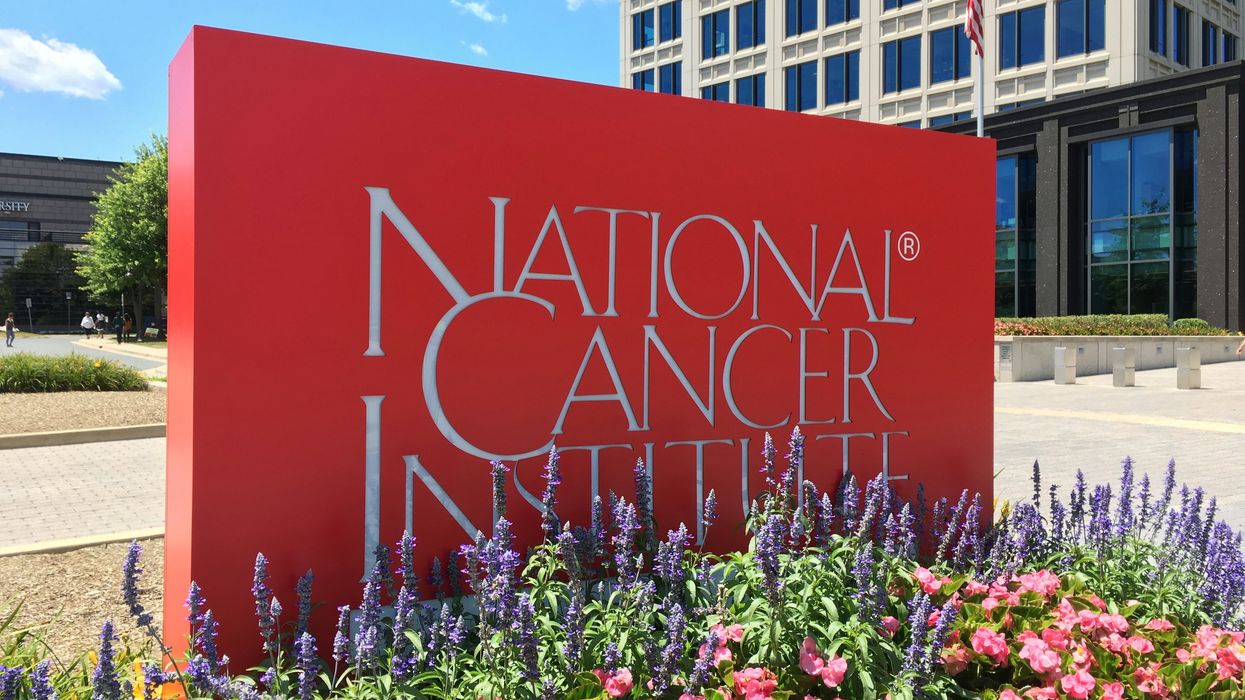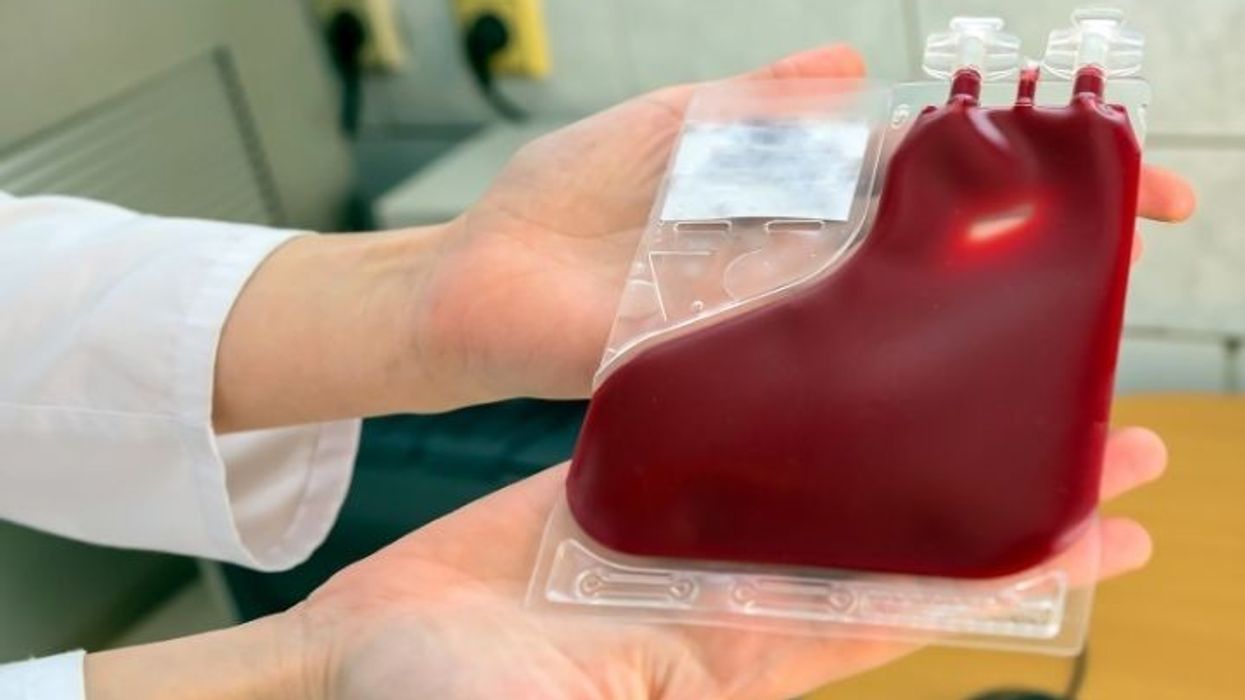Black Maternal Health Week (BMHW), observed annually from April 11-17, is a national campaign founded by the Black Mamas Matter Alliance in 2018. It raises awareness about the disproportionate maternal health challenges faced by Black women in the United States and advocates for systemic change in maternal healthcare (Black Mamas Matter Alliance, 2018). Addressing Black maternal health is crucial for achieving health equity, improving overall public health outcomes, and ensuring that all women have access to safe, respectful, and high-quality maternal care. It requires a multifaceted approach involving policy changes, healthcare system reforms, and efforts to combat racism and discrimination in medical settings.
The Urgency of Black Maternal Health
The United States has one of the highest maternal mortality rates among developed nations, and Black women are disproportionately affected. According to the Centers for Disease Control and Prevention (CDC), Black women are nearly three times more likely to die from pregnancy-related complications than white women (CDC, 2022). Structural racism, implicit bias in healthcare, and limited access to quality medical services contribute to these disparities.
The Goals of Black Maternal Health Week
BMHW aims to:
- Raise Awareness – Educate the public about the racial disparities in maternal health.
- Advocate for Policy Change – Support legislation that addresses racial inequities in healthcare.
- Promote Community-Based Solutions – Highlight programs that provide culturally competent care for Black mothers.
- Amplify Black Voices – Center the experiences and leadership of Black women in maternal health discussions.
Addressing Systemic Challenges
Several factors contribute to Black maternal health disparities, including:
- Implicit Bias in Healthcare – Studies show that Black women’s pain and concerns are often dismissed by medical professionals (American Journal of Public Health, 2019).
- Socioeconomic Barriers – Limited access to prenatal care, financial constraints, and geographic disparities affect maternal outcomes.
- Chronic Stress and Weathering – The cumulative effect of systemic racism and social stressors can negatively impact pregnancy outcomes (Journal of Women’s Health, 2020).
Advocacy and Policy Efforts
Legislative efforts like the Black Maternal Health Momnibus Act, introduced in Congress, seek to address these disparities by expanding access to healthcare, funding research, and improving maternal care training (U.S. Congress, 2021). Additionally, community organizations provide essential resources, such as doula support and culturally sensitive maternity care.
How to Support Black Maternal Health Week
Individuals and organizations can contribute by:
- Spreading awareness on social media using #BMHW.
- Supporting Black-led maternal health organizations.
- Advocating for policies that promote equitable maternal healthcare.
- Educating themselves on the impact of racial disparities in maternal health.
Black Maternal Health Week is a crucial initiative that sheds light on racial disparities in maternal healthcare and calls for systemic change. By supporting policies, amplifying Black voices, and ensuring equitable care, society can work toward a future where Black mothers receive the quality healthcare they deserve.
References
- Black Mamas Matter Alliance. (2018). Black Maternal Health Week Initiative. Retrieved from https://blackmamasmatter.org
- Centers for Disease Control and Prevention. (2022). Racial Disparities in Maternal Mortality. Retrieved from https://www.cdc.gov
- American Journal of Public Health. (2019). Implicit Bias and Racial Disparities in Maternal Care. Retrieved from https://ajph.aphapublications.org
- Journal of Women’s Health. (2020). The Impact of Chronic Stress on Black Maternal Health. Retrieved from https://www.liebertpub.com
- U.S. Congress. (2021). Black Maternal Health Momnibus Act. Retrieved from https://www.congress.gov
















